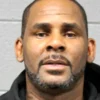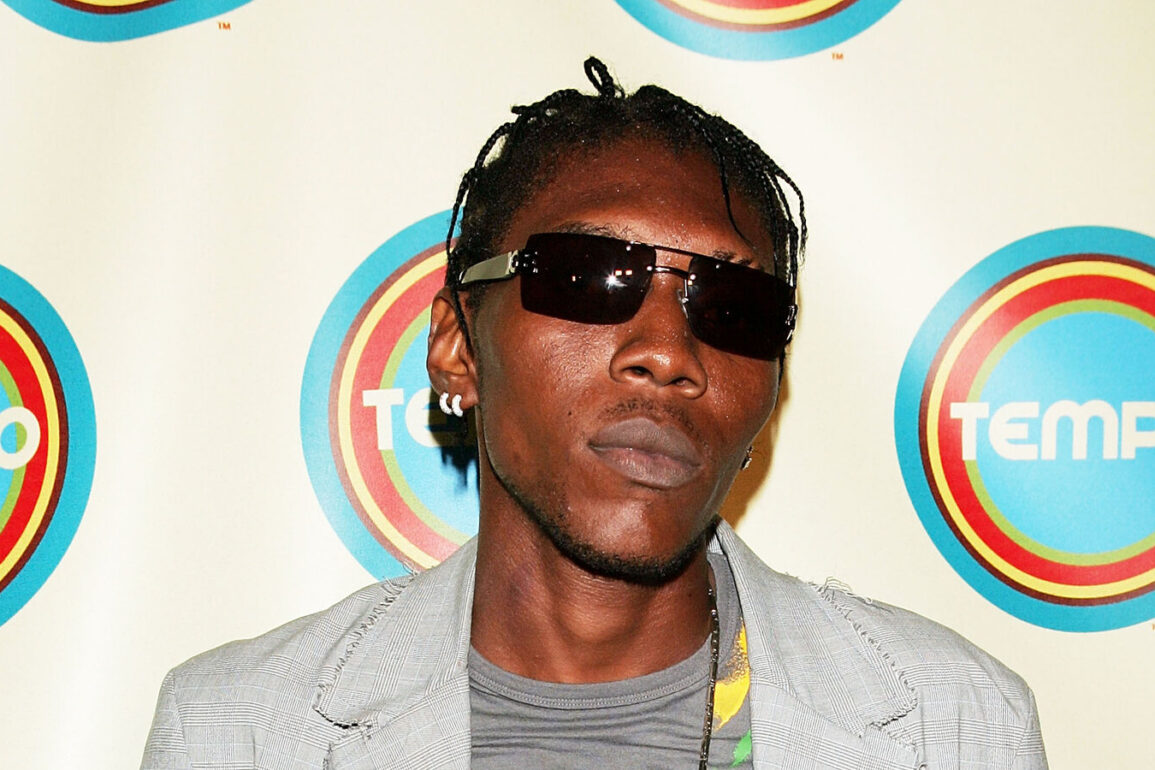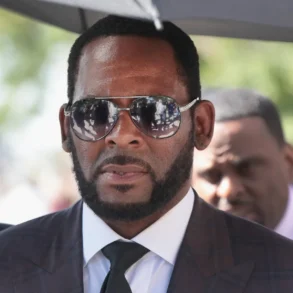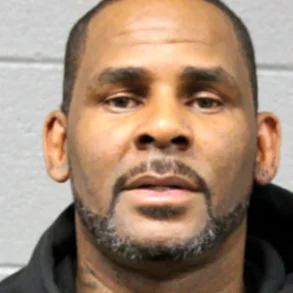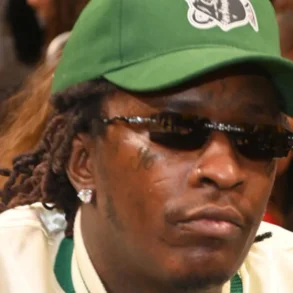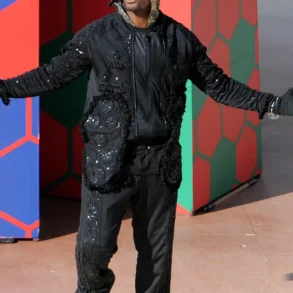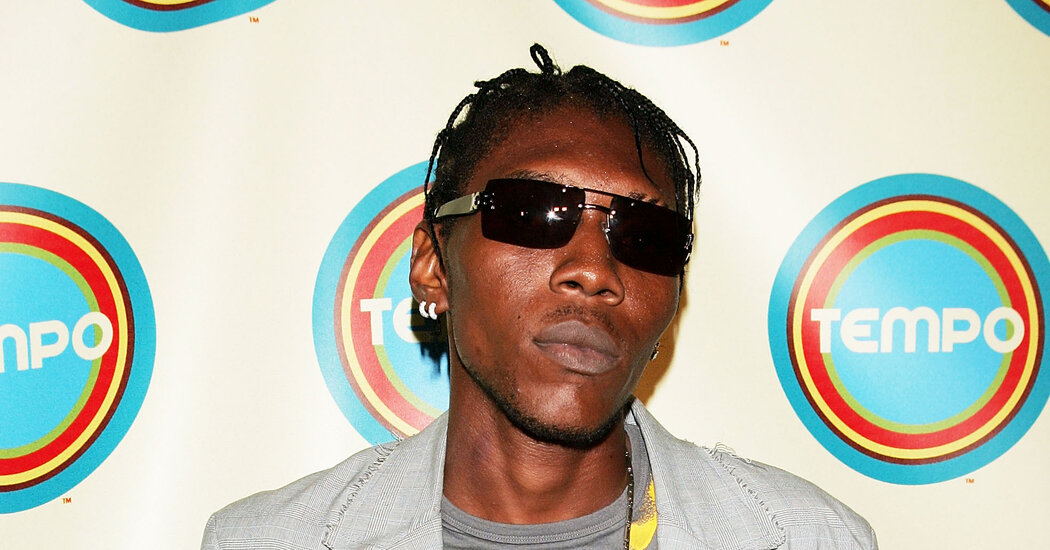
Vybz Kartel served more than a decade of a murder sentence before his conviction was overturned. Despite imprisonment and a radio ban, his influence has grown.
Early into his incarceration in a Jamaican prison, Adidja Palmer, the dancehall artist known as Vybz Kartel, learned to rig a makeshift studio. He would wrap himself inside his mattress and record his vocals on a contraband iPhone, while other inmates would keep watch for approaching guards.
In this way, he released a steady stream of music during his decade-plus imprisonment for a murder, a period in which his popularity as both a genre-defining artist and an antihero grew. Mr. Palmer, 48, and four co-defendants had been convicted in the 2011 death of Clive Williams in a trial that was one of the longest in Jamaican history. Prosecutors said that Mr. Williams and another man received unlicensed firearms that belonged to Mr. Palmer. When the firearms were not returned on time, according to prosecutors, the pair was summoned to Mr. Palmer’s residence, where Mr. Williams was killed. His body was never found.
This spring, Mr. Palmer’s sentence was overturned because of allegations of jury misconduct and the Jamaican Court of Appeals elected not to retry the case. He was released in July. “The technicality is what freed me because God is the greatest, but my innocence, I’ve always maintained that,” Mr. Palmer said.
Now Vybz Kartel is preparing to return to the stage for a New Year’s Eve concert at the 35,000-seat National Stadium in Kingston, a show which he views as one of the biggest of his career, which has spanned more than 30 years. “The importance of this concert is a whole generation of people have never seen Vybz Kartel perform,” he said in a video interview this month.
In the 1990s, Vybz Kartel wrote songs for Bounty Killer before breaking out as a solo performer with records like “New Millenium,” which established his presence as a clever, brazen lyricist in dancehall. His lyrics mined gritty, sexually explicit themes characteristic of the genre as he built a gangster persona and courted various controversies. In 2009, “Ramping Shop” featuring the dancehall singer Spice, reached Billboard’s Hot R&B/Hip-Hop songs in the United States, a first for both artists. That year, Jamaica’s Broadcasting Commission banned daggering songs, or tracks with violent and sexually explicit lyrics, from the radio. In 2022, the prohibition was expanded to music that “promotes or glorifies” illegal activity.
Despite the ban and his incarceration, Vybz Kartel rose to international renown through his almost incessant release of music. In the late aughts, he collaborated with Rihanna, Jay-Z and other artists. Drake, in a 2016 interview, called Vybz Kartel one of his “biggest influences.” While incarcerated, Vybz Kartel continued his recording firehose, releasing hundreds of new songs, including 2016’s “Fever,” which went gold and remains the most streamed single of his career. His “Party With Me” LP, released in May while he was still in prison, was nominated for best reggae album at the Grammys.
This post was originally published on this site be sure to check out more of their content.


